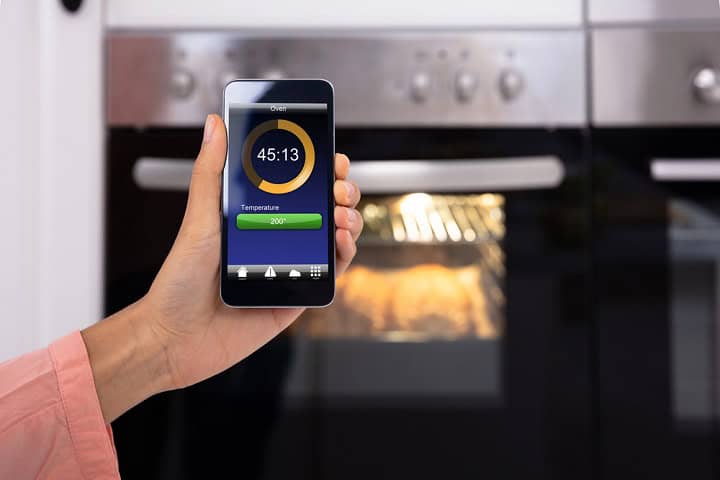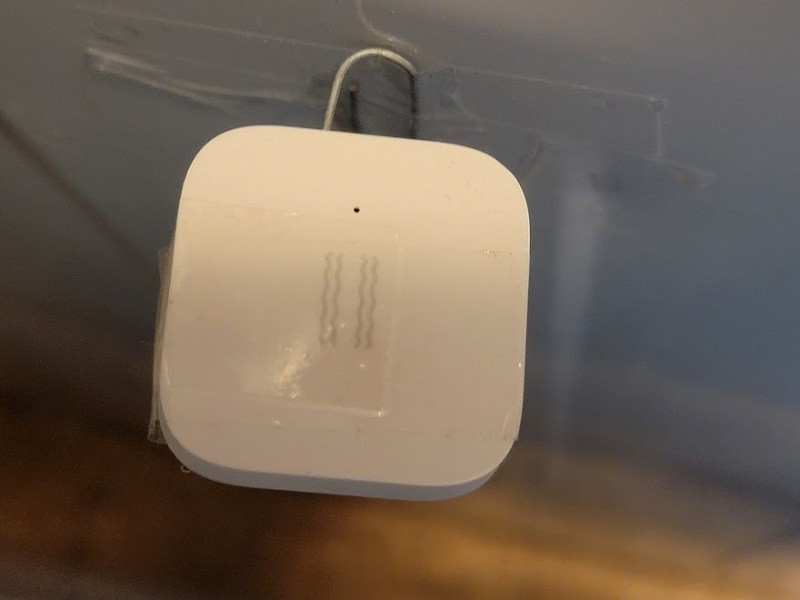Smart ovens have made their way into more kitchens, promising to make cooking easier with features like remote control, automated settings, and recipe guidance. But do they truly enhance the cooking experience, or are they just another high-tech gadget with a hefty price tag? In this post, we’ll explore the benefits and potential drawbacks of smart ovens, including how their features compare to traditional models. By the end, you’ll have a clearer idea of whether a smart oven is a worthwhile investment or an unnecessary luxury.
About Smart Ovens
Smart ovens combine traditional cooking functions with modern technology to make meal prep more convenient. These ovens connect to Wi-Fi or Bluetooth, allowing you to preheat, adjust temperatures, and monitor cooking progress remotely through a smartphone app. Many models also support voice commands via Alexa or Google Assistant, letting you control them hands-free. With features like automated cooking modes, recipe guidance, and precision temperature control, smart ovens aim to eliminate guesswork and simplify cooking, whether you’re a beginner or an experienced home chef.
Common Smart Oven Features
One of the most useful features of a smart oven is remote control via a smartphone app. You can preheat the oven before you get home, check if it’s turned off, or adjust cooking settings from another room—all without standing in front of it. This is especially helpful for busy schedules or multitasking in the kitchen.
Recipe guidance tools take the stress out of cooking by suggesting temperatures and cook times for different meals. Some models even provide step-by-step instructions to help users, making them great for beginners or anyone trying a new dish.
Advanced temperature and humidity sensors ensure food is cooked evenly and precisely. Some smart ovens can predict when a meal will be ready based on what’s inside, removing the guesswork from baking and roasting. These sensors help prevent overcooking and ensure consistent results.
Accessibility and Usability
Smart ovens come with settings that simplify cooking for all skill levels. Pre-programmed modes take the guesswork out of meal prep by automatically adjusting temperature and time for specific dishes. For those who need extra convenience, voice control allows hands-free operation—perfect when your hands are full. Touchscreen interfaces also provide step-by-step instructions and real-time progress updates, reducing the chances of overcooking. These features make smart ovens more accessible, especially for individuals with mobility challenges or those who prefer guided cooking.
Smart Ovens: Benefit or Gimmick
Smart ovens promise to enhance meal preparation by offering features like precise temperature control and programmable cooking modes. These functions aim to take the guesswork out of cooking, potentially leading to more consistent results. Some models even offer recipe guidance, which might be useful for those who enjoy trying new dishes but lack confidence in the kitchen. Additionally, the ability to control the oven remotely using a smartphone app can add convenience, allowing users to monitor and adjust the cooking process from another room.
For those who love experimenting with new recipes or have a busy lifestyle, smart ovens can provide real convenience. However, if you prefer a no-fuss cooking experience and rarely use app-based controls, a traditional oven may still be the better choice
Pros and Cons of a Smart Oven
| Pros | Cons |
|---|---|
| Precision cooking – Smart sensors help maintain exact temperatures for better results. | Requires Wi-Fi – Many features depend on an internet connection. |
| Hands-free operation – Use voice commands for convenience while cooking. | Higher cost – More expensive than traditional ovens. |
| Remote monitoring & control – Preheat, adjust settings, or check if it’s off from anywhere. | Overcomplicated for some users – Not everyone will use all the features. |
| Ideal for busy lives – Automations and guided cooking simplify meal prep. | Potential connectivity issues – Some users report occasional glitches. |
In Summary
Smart ovens bring convenience and innovation to the kitchen, but whether they’re worth it depends on how you cook. If you frequently try new recipes, need extra guidance, or love the idea of remote operation, a smart oven could be a great addition. However, if you rarely use advanced settings and prefer simplicity, sticking with a traditional oven might be the better move. Think about your cooking habits and whether these high-tech features will truly enhance your experience before making the investment.




